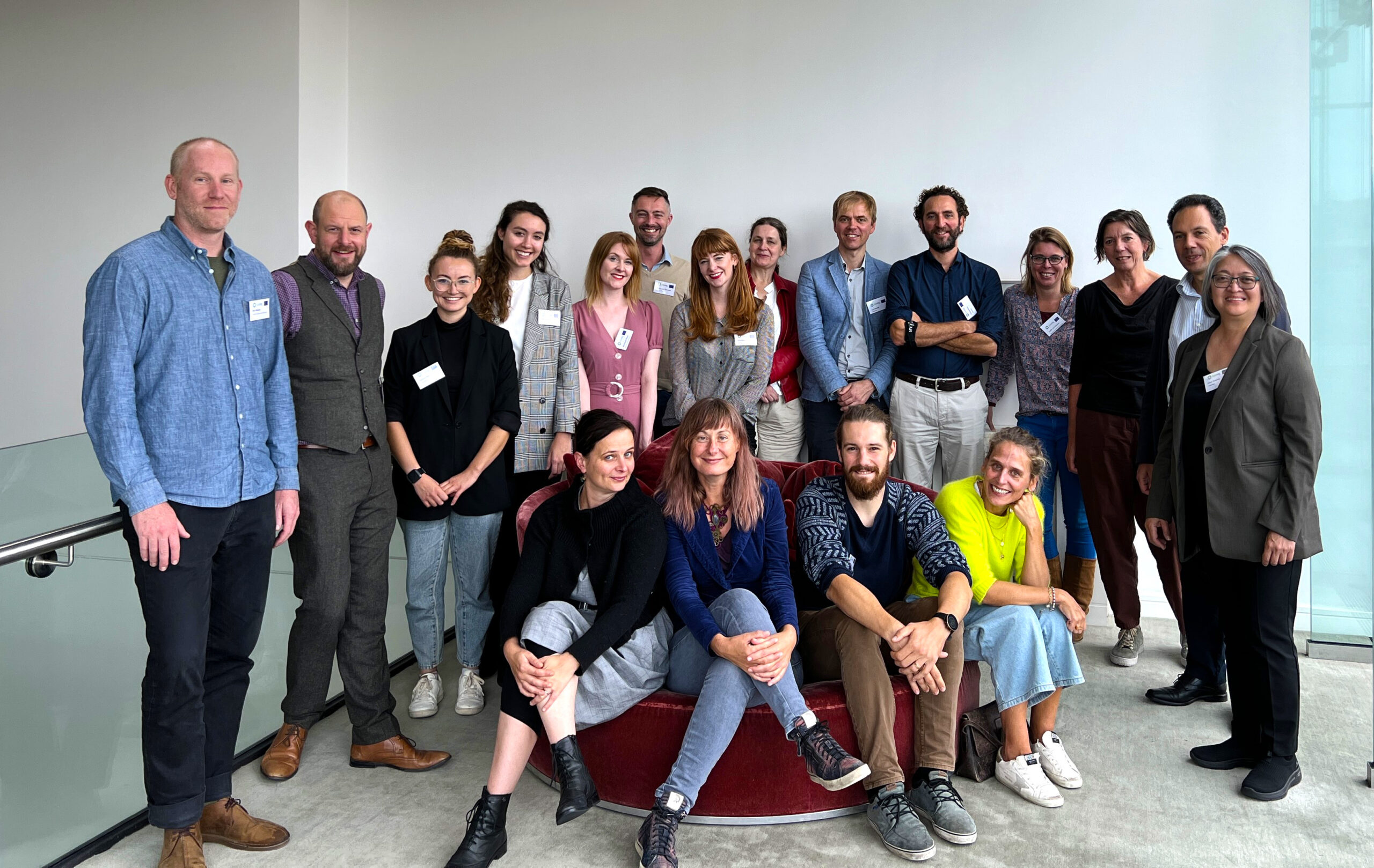 Marine contamination occurs as a direct result of human activities taking place on land and at sea and requires our urgent attention as healthy and clean seas are critical for our survival and wellbeing. The implementation of processes and measures to reduce marine pollution will have consequences for numerous economic sectors at multiple scales, framing marine pollution as a considerable global socio-economic challenge that requires active collaboration from multiple stakeholders, across a range of geographic areas.
Marine contamination occurs as a direct result of human activities taking place on land and at sea and requires our urgent attention as healthy and clean seas are critical for our survival and wellbeing. The implementation of processes and measures to reduce marine pollution will have consequences for numerous economic sectors at multiple scales, framing marine pollution as a considerable global socio-economic challenge that requires active collaboration from multiple stakeholders, across a range of geographic areas.
MIO-ECSDE is part of a € 3 million European research project entitled Source to Seas – Zero Pollution 2030 (SOS-ZEROPOL2030) aiming to develop a holistic, stakeholder led zero pollution framework, ultimately reflecting the EU’s very ambitious policy and legislative framework governing the environmental protection of our seas with focus on the zero environmental pollution agenda.
The four-year SOS-ZEROPOL2030 project, funded by the EU’s Horizon2020 scheme, kicked-off on 27 September 2022 and will run till September 2026. Led by MaREI, the SFI Centre for Energy Climate and Marine Research at University College Cork, the project brings together a consortium of 10 European institutions and organizations that form a unique interdisciplinary partnership with expertise in fundamental and applied natural sciences and associated governance concerning marine pollution, in social sciences concerning stakeholder engagement and in human behaviour.
Stakeholder engagement is central to this project and the holistic research approach championed by SOS-ZEROPOL2030, emphasises human behaviour, socioeconomics, and governance; and is underpinned in knowledge about and understanding of current barriers to effective and efficient prevention, reduction, mitigation, and monitoring of marine pollution in European Seas.
MIO-ECSDE is leading the ‘Zero Pollution Accelerator’ related work package of the project that seeks to:
- pave the way for multi-stakeholder, multi-sectoral and multi-level actions that can deliver a successful blue green transition towards clean European Seas by 2030, through a truly ambitious, transformational and pragmatic framework and roadmap;
- foster an effective, swift and wide uptake and replication of novel solutions and best practices by user communities, via fit-for-purpose and user-friendly guidelines that will enable the operationalization of the framework and roadmap towards clean European Seas by 2030;
- strengthen the science-policy-society interface and ensure a seamless environmental management continuum, where robust knowledge on pollution related issues can be effectively streamlined into a refined policy vision that can deliver an informed societal response that deploys targeted and effective pollution prevention and mitigation approaches.
Stay tuned for more information!
Read in French here